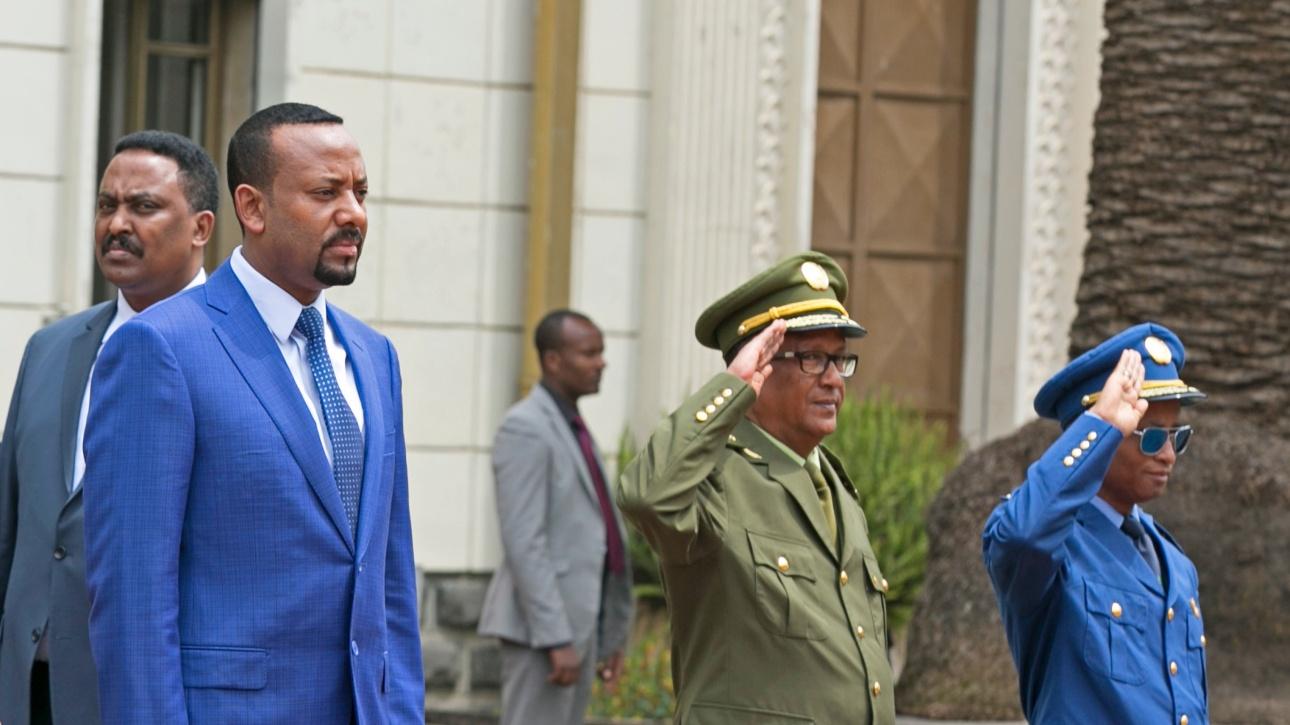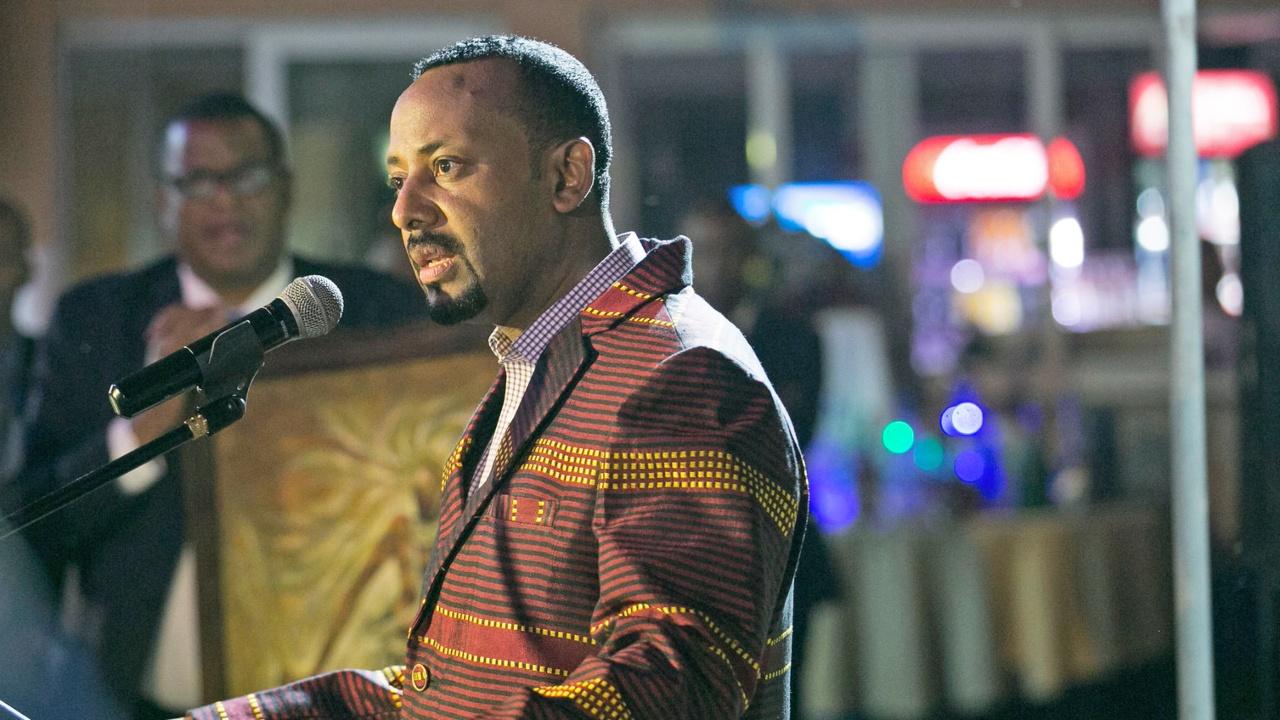Once viewed as a stabilising force in the region, Ethiopia now faces a looming countrywide socio-political and humanitarian crisis. Samuel Ayele Bekalo writes that other regions must quickly learn from destabilisation in Tigray before it spreads across the country.
Tigray is now facing a humanitarian and socio-political crisis, resulting from conflict between the region’s primary political party, the Tigray People’s Liberation Front (TPLF), and Ethiopia’s central government led by Abiy Ahmed. As so often in war situations, innocent civilians have become the primary victims. Due to limited access for independent media and aid agencies, no accurate figure yet exists for the combatant and civilian fatalities, but some media and UN agency reports describe tens of thousands of Tigrayans being forcibly displaced internally and externally to neighbouring Sudan. The fate of thousands of Eritrean refugees who were sheltered in Tigray is unknown. Public services have been disrupted or shut since November 2020.
An interim regional administration has been established by the central government to restore normalcy in Tigray, which is consulting local people and reopening public services. While this is an encouraging start, problems lie ahead: the immediate basic needs of civilians must be met and confidence should be built in local people to resume normal life. This requires involving all concerned parties and supporters, including the resourceful Tigrayan diaspora and the international community. External support in all forms will be essential.
Despite its recent economic growth, Ethiopia’s restoration of the region is limited by resource limitations. It will also take time to build trust with the local people and Tigrayans, especially given the TPLF’s sudden collapse as the region’s governing party for over a quarter of a century. While encouraging national and international aid into Tigray, locals should be supported to adjust to the new post-TPLF reality by clarifying uncertainties fuelled by pro-TPLF media.
Early lessons from the Tigray crisis
Is it too early to learn lessons from the crisis and avoid in Ethiopia future similar situations? The failure to address political-economic marginalisation, timely and adequately, is surely one. Arguably, there is renewed attention on the need to strengthen, and not undermine, independent systems of checks and balances, such as strong civic institutions as well as independent media and a judiciary, of which the TPLF is charged with dismantling, along with law enforcement authorities and opposition political groups. To many the enemies the TPLF has created could have been avoided if they made institutional or political reforms or relinquished power willingly to their predecessors.
The more immediate issue is addressing war trauma and the country’s humanitarian crisis. Whether for security and/or political reasons, the government’s reported international aid and media restrictions have rightly concerned UN agencies and growing members of the international community. It is only with these restrictions further lifted that displaced people can get the assistance they need and return to their hometowns and villages. Regions elsewhere in the country may view the situation as a warning – what could happen by government intention in their own backyard.
Further, rumours that Eritrean troops and other external forces are involved in the Tigray conflict complicate the issue, as their removal or agreed retreat from Tigray soil must be peaceful. The presence of reliable media to verify such claims is essential for the confidence of local and international communities. Indeed, such confidence is crucial. Given widespread ethnic-based conflicts across the country, any lessons must draw on solidarity and trust between groups to prevent an even bigger crisis.
Photo: Members of the Ethiopian National Defense Forces stand in formation during a ceremony in Baidoa. Credit: AU UN IST PHOTO/Tobin Jones (CC0 1.0).






This seems too little too late. The chickens have come home to roost. The empire is crumbling.
Rulers in Ethiopia have waged wars and bought expensive weapons, fully expecting the international community to bail them out from the humanitarian crisis. This is a country that has perfected the art of begging.
BYW, Ethiopia ever having been as a “stabilizing forces” is a lie. Indeed, the truth is the reverse. It has been a destabilizing force and a beggar par excellence.
You are correct bro! And all the thanks goes to TPLF.
I don’t see your post helpful to the people of Ethiopian. I don’t know the motive behind it. May be to tell the other part of the country to follow. As far as I know the country is now fighting for its unity which was taken for decades. Be Ethiopian.
When was this gentleman last in Ethiopia.
There is no crisis in 95% of Ethiopia/
Life is normal/ come and see/.
Welsaid Dr.Ayele and thank you for your insight.
Just one simple question: Can people move without fear of being killed, robbed or beaten from one place to another? Can anyone from other Kelils move freely in the Oromoa Kelil?